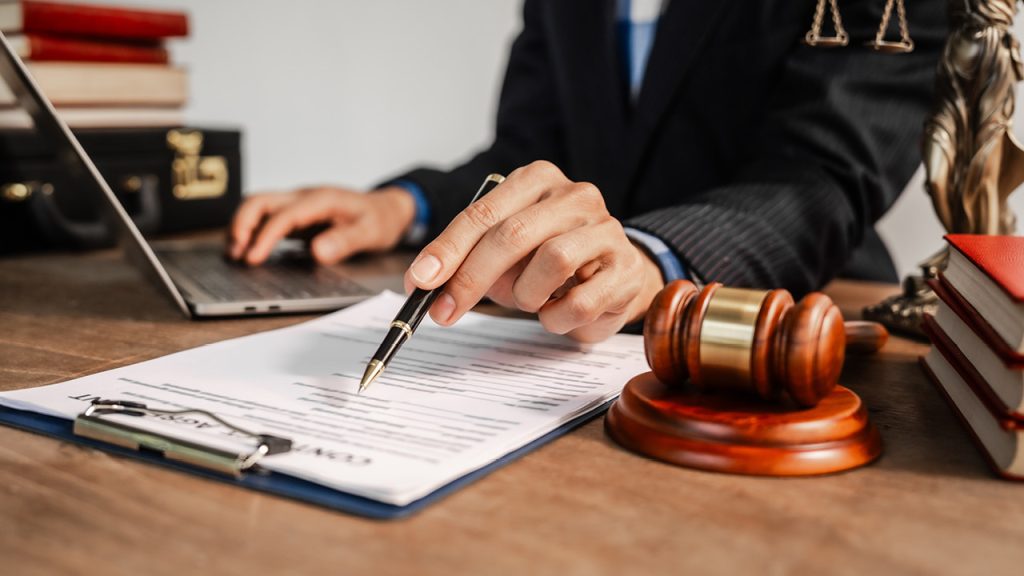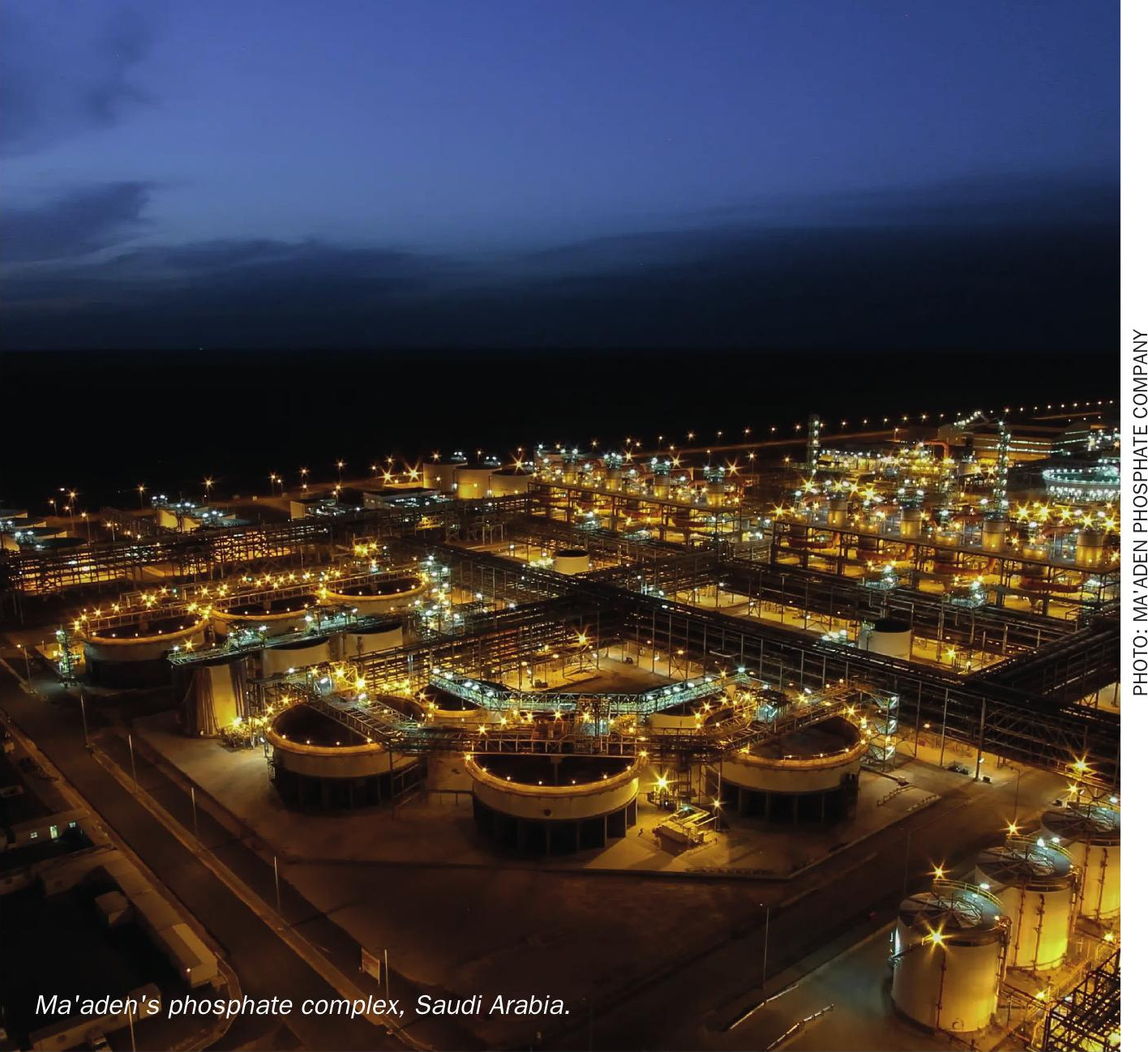Sulphur 419 Jul-Aug 2025

16 July 2025
Ballance to end phosphate manufacturing at Mt Maunganui
Ballance Agri-Nutrients, the New Zealand farmer and grower co-operative, says that it has entered into consultation on a proposal to cease manufacturing of sulphuric acid and single super phosphate (SSP) at its Mount Maunganui site. The proposals envisage net job losses of 62 roles, but the intention is for the co-operative to remain onsite utilising the proximity to the port for nutrient storage and distribution, and for its national support office. Ballance would continue to manufacture phosphates at its Awarua facility in Invercargill and urea at its Kapuni facility in Taranaki. Ballance CEO Kelvin Wickham says this proposal is part of a wider process the organisation has been going through over the past year to get ahead of changes in the sector and identify future opportunities to support New Zealand farmers and growers. “In the coming years, we expect to see an increased range of products and services that more efficiently and effectively deliver essential nutrients for farmers and growers, which will result in reduced overall demand for single super phosphate from historical peak volumes,” he said. “The number of existing facilities currently making this product in New Zealand means there is an overcapacity of supply. Our current facilities at Mount Maunganui also require substantial investment to keep them operating reliably and will face increasing regulatory constraints to be able to operate heavy manufacturing into the future.”





